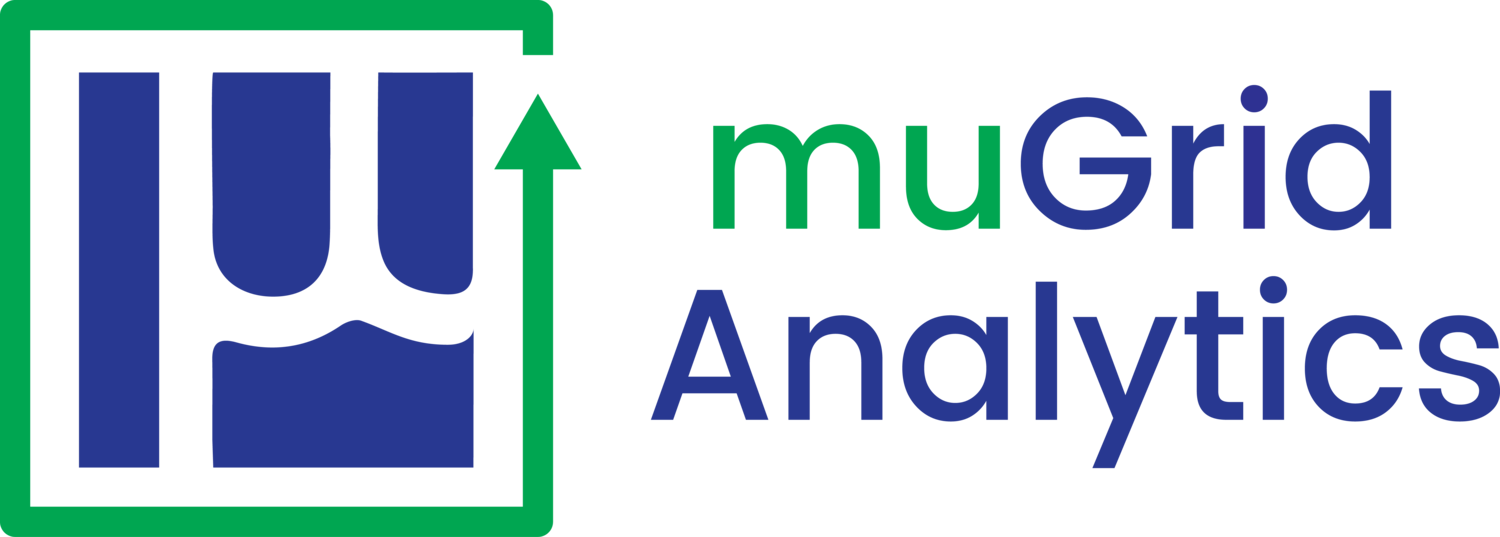Blog
Flattening the Curve: Bringing Predictability to Pandemic Response and Distributed Energy
“Flattening the curve” is not a new concept. In fact, it’s something that we in the energy industry work on every single day.
Surely you are no stranger to the term “flatten the curve,” embedded in our lexicon by the current COVID-19 pandemic. Recently, I’ve been struck by the similarities between reducing the risk of spreading disease and what we at muGrid do every day: mitigating energy costs.
5 Reasons Why Automating The Design Of Your Energy Project Will Cost You
The thing is, the new energy industry is not yet in the algorithm stage of maturity. This feels silly, because the traditional energy industry is old and seen as an area lacking in innovation. But here we are on the cusp of seeing our entire energy infrastructure undergo a total butterfly-like transformation, and innovation is at the core of that transformation. Everything old is new again, and we as an industry find ourselves back at the Mystery and Heuristic stages of technology development.
The new energy industry is just not ready for full automation of the feasibility, design, and operational processes. It is coming. We will get there. Some energy applications (solar) are more advanced along the path of maturity than others (energy storage, energy trading). But for now, you should absolutely want to have a human in the loop while designing and deploying energy systems.
Here are five reasons you should always want human eyes on whatever analysis you commission to design, build, and operate systems of DERs:
muGrid Analytics Helps Bring Smart Meters To Colorado
Here at muGrid Analytics, we love to help clients make data-driven decisions regarding their energy assets. We use our Redcloud energy optimization platform every day to determine the optimal sizing and dispatching of battery energy storage across stacked revenue streams. Other times we’ve used big data techniques to identify, in near real-time, which inverter has failed on a solar array, ensuring that the system continued to perform to produce electricity at peak capacity.
But there’s often one small problem — we need data! Without data, we’re kind of useless.




